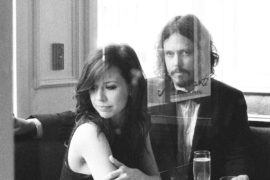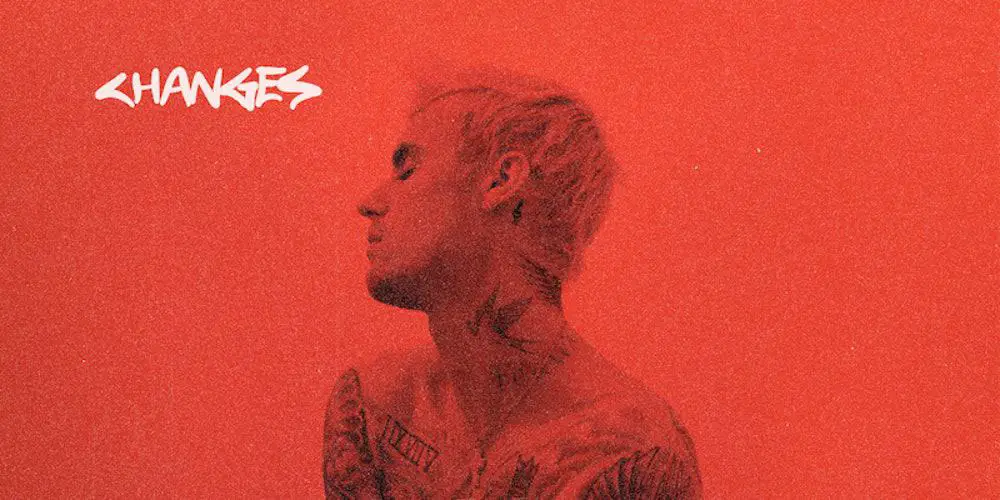In honor of Pride Month, Atwood Magazine has invited artists to participate in a series of essays reflecting on identity, music, culture, inclusion, and more.
•• •• •• ••
Today, German singer/songwriter Hanne Kah shares her essay, “Why Role Models are Crucial in the Queer Community,” as a part of Atwood Magazine’s Pride Month series!
While based in Germany, Hanne Kah’s international popularity continues to grow. Having recently performed in the US at Kansas City’s Folk Alliance, Hanne Kah is making its mark from North America to Germany as well as regionally throughout Europe. Past releases have received high praises from Spotify’s New Female Pop Artists playlist, Berlin On Air, UK Independent and so much more. The band’s charismatic singer is all the more driven by the fact that their success can be further proof of the quality of the German pop music scene.
She goes on to say: “My wish is that German artists are seen more and more on an equal footing with established international bands and that we don’t have to hide. Us women in the music industry are struggling with a wide variety of challenges and I hope that many young women in the music scene will be inspired so that more and more talented and self-confident women will assert themselves in the music industry in the future.”
•• ••
“WHY ROLE MODELS ARE CRUCIAL IN THE QUEER COMMUNITY”
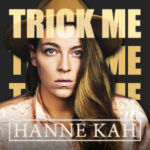
by Hanne Kah
“The visibility of role models in music and media is crucial for young queer and female individuals to muster the courage to pursue a career in these industries.
Moreover, visibility doesn’t solely impact those aspiring to be part of the music business; it also influences listeners. Music serves as the heart of every culture and wields the power to open minds and cultures to queer individuals by simply making their presence known.
I grew up in a small German town, which was picturesque but not particularly urban. Consequently, coming out as a queer woman with aspirations of a musical career rendered me rather exotic in that environment. During my youth, around 2005 and 2010, there were hardly any people like me on German stages. Female performers were rarely seen, let alone queer individuals. This lack of representation meant that I had no role models who could instill the confidence in me that I could find my place on a stage (at least not German ones). Thus, I broadened my perspective, unknowingly shifting it towards the United States. My parents introduced me to artists and songwriters like Tracy Chapman or Melissa Etheridge, and that became the kind of music I always wanted to create. The first time I heard Brandi Carlile’s song “The Story” on the radio (which was a rare occurrence, believe me), I was mesmerized. It felt like pure magic to hear such a powerful female voice on German radio, prompting me to look her up online. Within a few days, I knew all her tracks by heart.
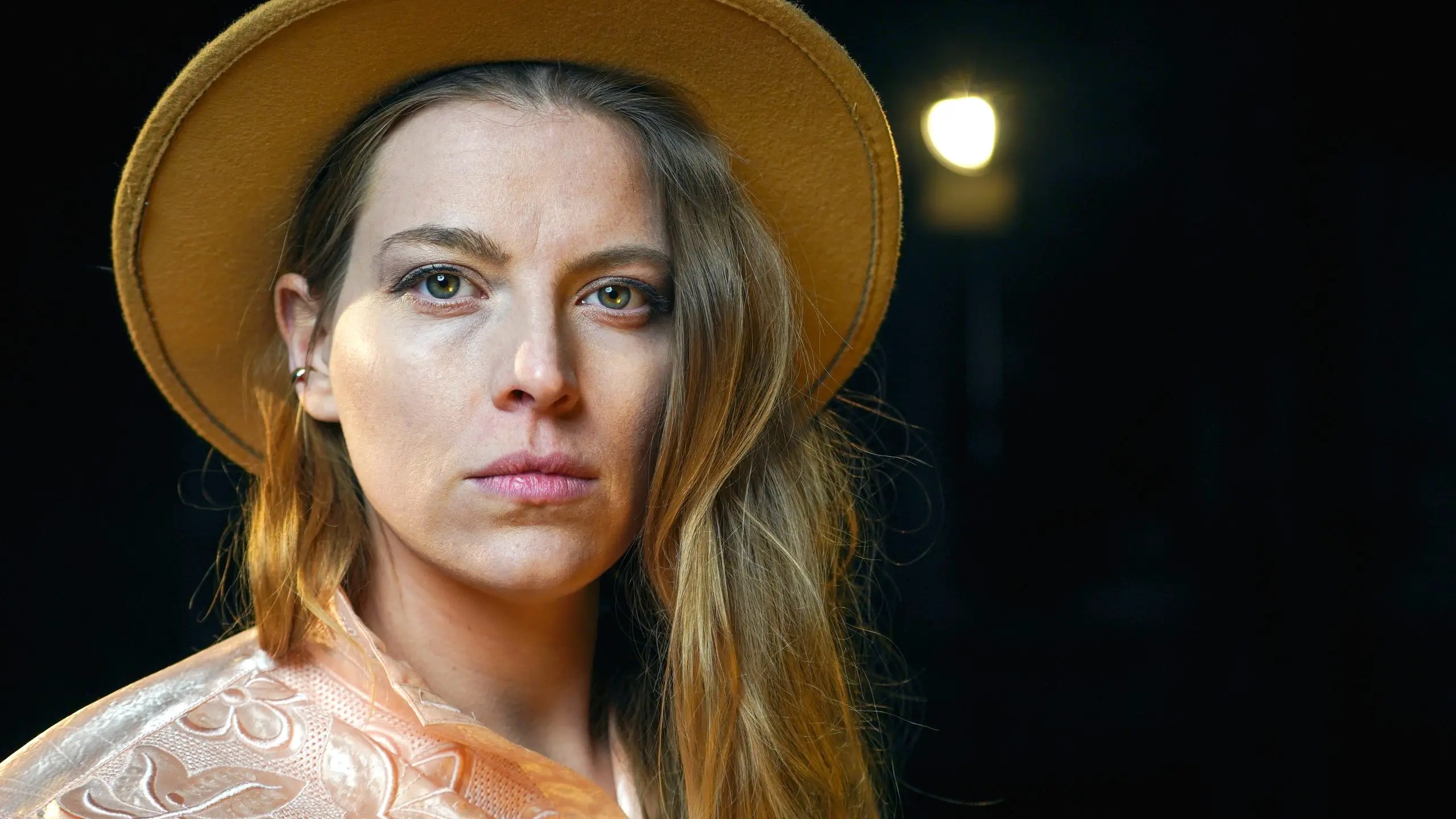
It seems that even during my youth, I was always drawn to music written and performed by queer, lesbian, gay, and female artists.
You wouldn’t believe how amazed I was when, over the years, I discovered that they shared my queer identity. I consider myself fortunate to have found role models in these incredible artists, and I firmly believe that they gave me the courage to step onto a stage and claim my space.
The world has progressed since then, particularly in Germany. We now have same-sex couples on TV, and the music industry is becoming more diverse. However, there are still scandals like the recent one involving Rammstein’s Till Lindemann. It is disheartening to realize that even after all this time, white men continue to exploit their privilege.
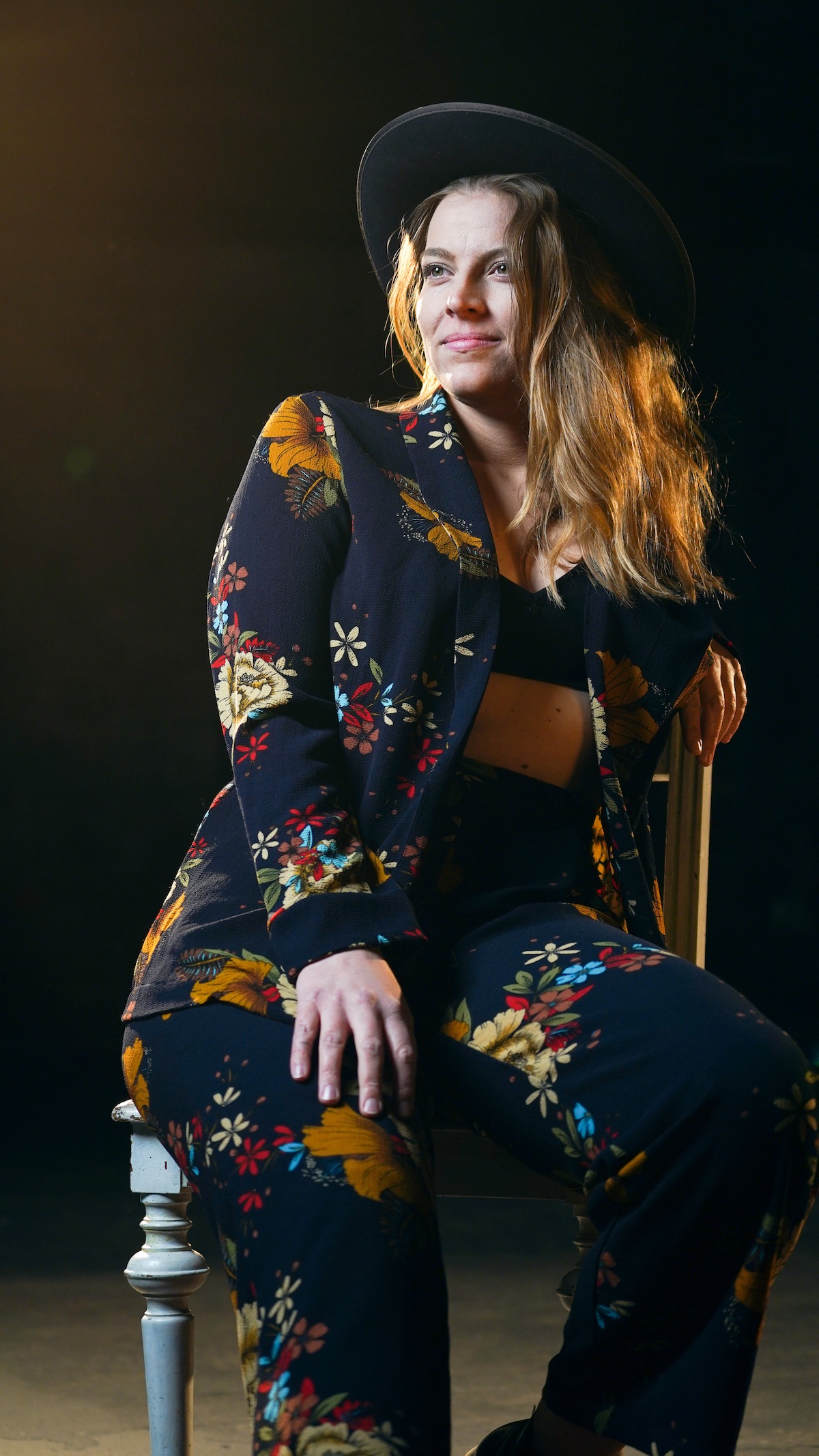
In the music industry, especially, there exists a significant power gradient that is all too frequently abused.
This is why I strongly believe that women, particularly queer musicians, should receive more airplay and public attention. Only through the visibility of these women can we change the male-dominated scene and contribute to a broader transformation in the world.
After all, that’s the essence of my latest single, “Trick Me.” It aims to convey a message to women, queer individuals, and anyone who has ever experienced marginalization due to their identity. “Trick me once and I will change my course from you to wise – trick me twice and I will turn away from your black and white.”
For many of us, it takes more than just one or two setbacks in the music industry to break our spirit. However, “Trick Me” serves as a reminder that there is a path to change that narrative. – Hanne Kah
— —
:: connect with Hanne Kah here ::
— — — —

Connect to Hanne Kah on
Facebook, Twitter, TikTok, Instagram
Discover new music on Atwood Magazine
© courtesy of the artist
:: Stream Hanne Kah ::

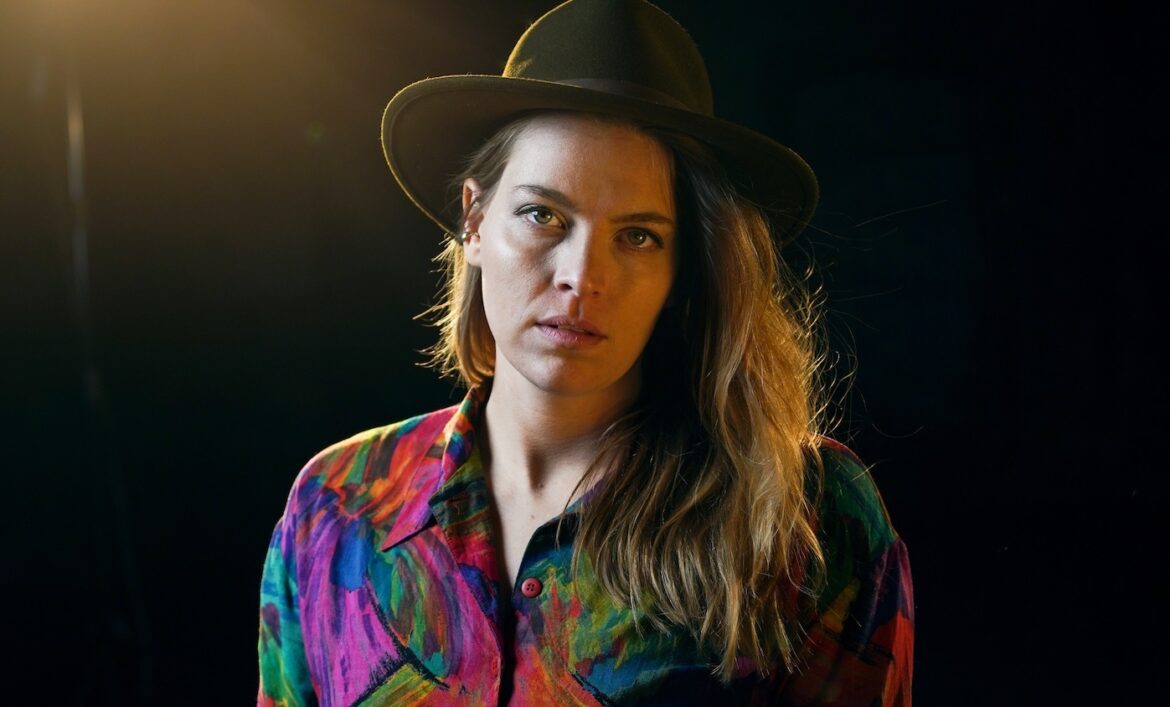
 © courtesy of the artist
© courtesy of the artist




